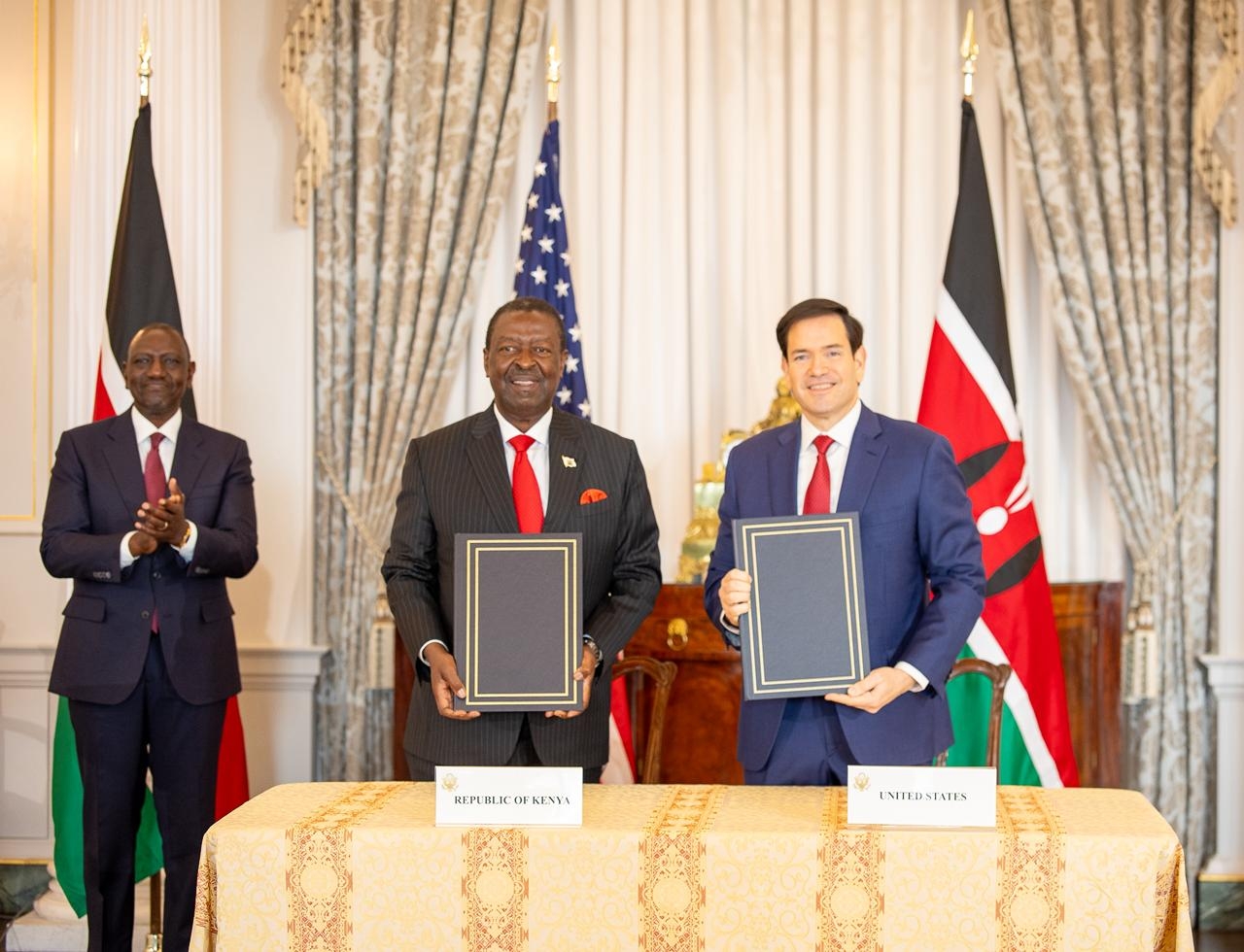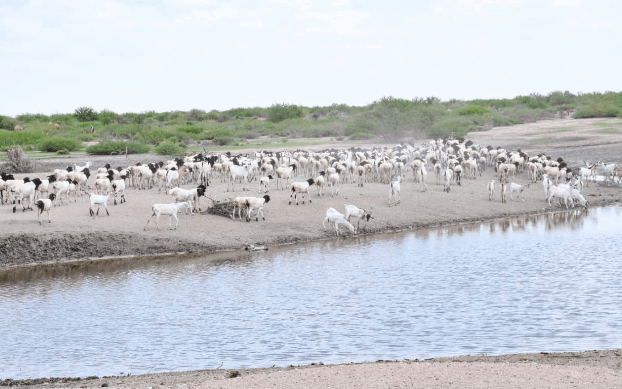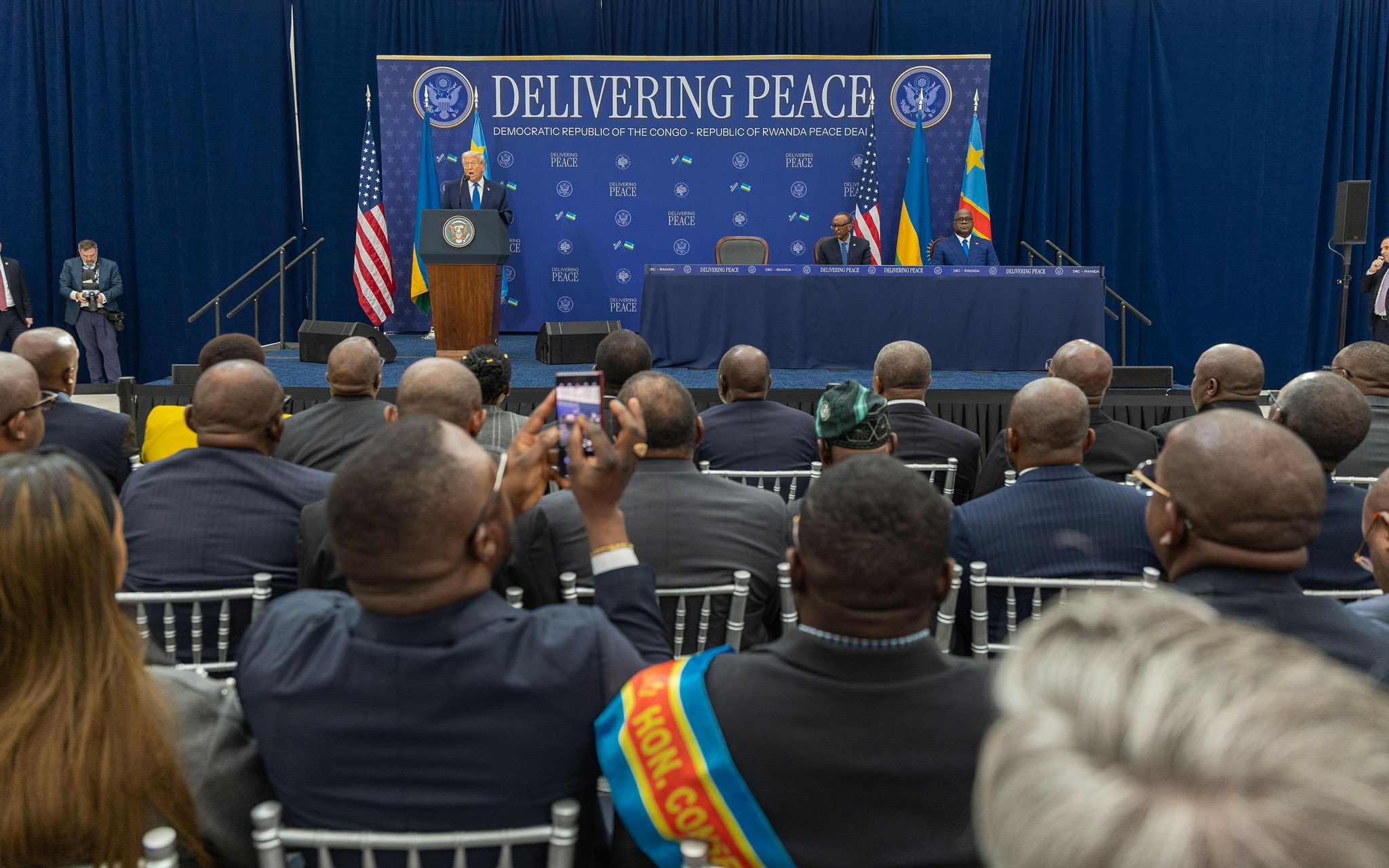Sustainability is key for any supplier hoping to do business with KCB Group.
According to the firm's sustainability report for 2023, the Group will intensify its sustainability screening on suppliers, hoping to hit 100 per cent coverage in 2024.
"We evaluate and qualify our suppliers based on compliance with our Environmental, Social, and Governance (ESG) framework. Suppliers are expected to meet various metrics,'' the report released late last month reads.
The Group’s screening criteria focus on the green agenda, waste management, pollution prevention, environmental and regulatory compliance, social and labour issues, and grievance mechanisms for employees, community workers, and unions.
In 2023, 32 suppliers were assessed for ESG factors and later onboarded.
In 2024, the lender will screen the top 20 spenders, and this exercise is expected to be completed by the end of March.
"Our Supply Chain Code of Conduct, which was rolled out in 2022, defines our requirements for suppliers. These include responsible business conduct and responsibility towards the communities where they operate,'' the report reads.
The supply chain policy applies to all subsidiaries and addresses compliance with legal requirements, fairness and recognition of diversity and sustainability in the sourcing processes.
By the end of 2023, the Group had increased the number of suppliers from 53 per cent in 2022 to 81.3 percent who adhere to the Supplier Code of Conduct with efforts being made to have complete compliance by 2024.
The Code also helped to improve Know Your-Client (KYC) verifications as well as service delivery, which is done through quarterly supplier performance reviews.
Looking ahead to 2024, the Group will set aside 30 per cent of the annual procurement budget for Special Interest Groups (SIGs).
This progressive initiative aims to empower and uplift various marginalized communities.
Last year, the bank allotted Sh800 million to SIGs, which included women, youth, small and medium enterprises (SMEs), and the differently abled.
"This strategic investment reflects the Group's unwavering commitment to fostering a more equitable and inclusive society,'' the report reads.
Although it vowed to ensure most of its suppliers adhere to set sustainability evaluations, the lender is cognisant of the fact that not all its suppliers can meet ESG practices and expectations.
Therefore, it will review and assess the suppliers under three categories: Category A—high risk, Category B—medium risk, and Category C—low risk.
High-risk suppliers are subjected to on-site audits followed by a remediation process.
Supplier performance reviews are also conducted to ensure that the suppliers engaged do not negatively impact the environment.















